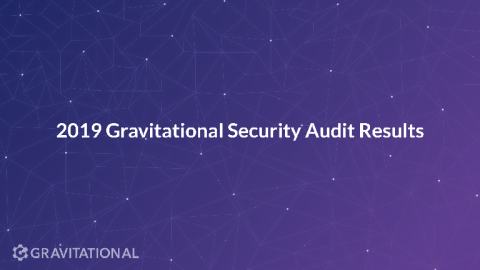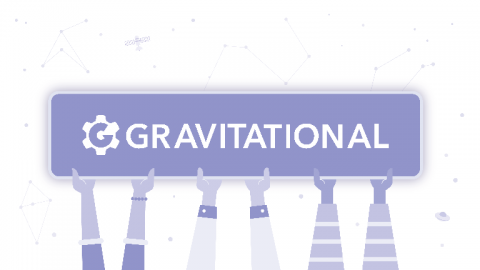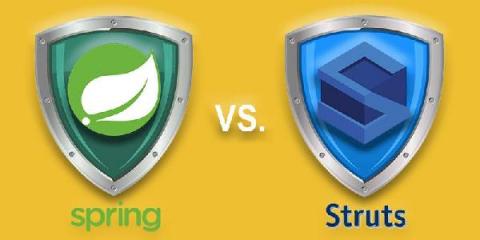Open Source Analysis Extends Your Visibility
When we think of open source analysis, security is often the first thing that comes to mind. But open source analysis is so much more than just security. It gives you visibility into your codebase to help you understand and manage your open source components. In this blog, we’ll define open source analysis, look at why it’s important to your business, and describe the characteristics of an effective open source analysis framework.










